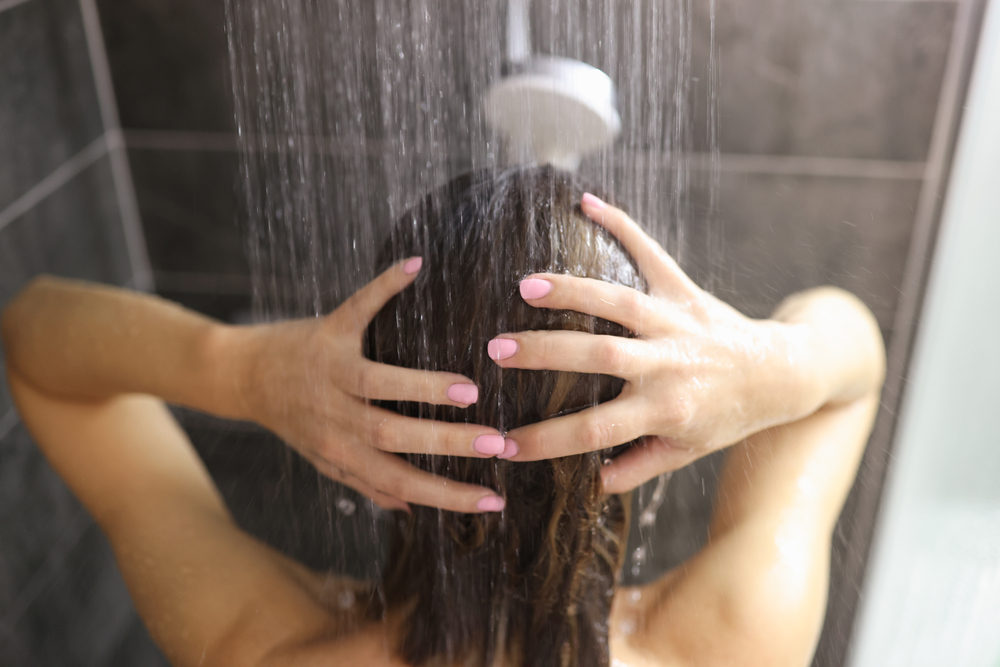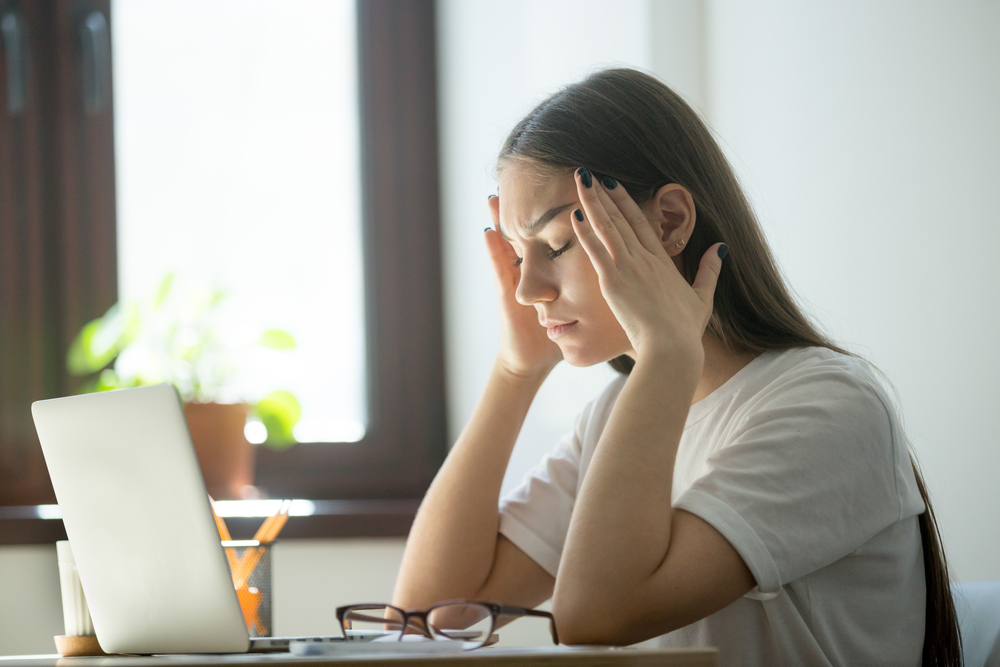
Summer is also a time to enjoy the warm weather and spend outside. Many individuals prefer to have fun and take advantage of the warm weather; however, as the temperature rises, we must take care of our health and avoid heat-related illnesses. Here are the top 8 health tips you must follow to beat the heat this summer:
Stay Hydrated
One of the most crucial health tips during summer is to stay hydrated. Drinking plenty of water and fluids can help prevent dehydration, leading to dizziness, headaches, and fatigue. Aim to drink at least eight glasses of water daily and carry a water bottle. To replenish your electrolytes, you can also consume fluids like coconut water, lemonade, and fresh fruit juices.
Dress Appropriately
In hot weather, wearing the appropriate attire may help you keep relaxed and comfortable. The most excellent clothing is airy and loose-fitting because it allows air to flow about your body and keeps you cool. Avoid synthetic garments that trap heat and use breathable, moisture-wicking textiles like cotton or linen.
Light-colored clothing is also advised since dark clothing absorbs more heat from the sun. Additional defense against the sun's rays can be obtained by wearing a helmet and sunglasses.
Protect Your Skin
The sun's rays can harm your skin, causing sunburn, premature aging, and skin cancer. Skin damage and other major health issues, such as skin cancer, can result from excessive sun exposure. You are also more likely to be affected by skin malignancies, including basal cell carcinoma, squamous cell carcinoma, and melanoma, which may spread and become hazardous if exposed to excessive UV radiation. To protect your skin, wear sunscreen with an SPF of at least 30 and reapply it every two hours if you're outside for an extended period. Sunscreen is a must during summer, especially if you plan to spend time outdoors. Sunscreen protects your skin from harmful UV rays that can cause skin cancer and premature aging. Put on a cap and some sunglasses to shield your face and eyes.

Stay Indoors During Peak Heat
It is frequently between 11 a.m. and 4 p.m., the warmest of the day. It's best to stay indoors or seek shade if you're outside. This is especially important if you're vulnerable to heat-related illnesses, such as young children, older adults, and those with chronic medical conditions.
Take Cool Showers
Your body temperature can be lowered, and the heat can be relieved by taking a chilly shower or bath. You can apply a cold compress to your neck or wrists to cool down quickly. Avoid hot showers or baths during hot weather because they can also raise your body temperature and make you feel hotter.

Eat Light and Fresh
Eating light and fresh meals during the summer is essential to help your body stay cool. Opt for fruits and vegetables that are high in water content, such as watermelon, cucumbers, and tomatoes. Avoid heavy, greasy foods that can make you feel sluggish and dehydrated.
Exercise During Cooler Hours
Maintaining a healthy lifestyle requires exercise, but avoiding physically demanding activities in the heat of the day is better. Instead, work out when the weather is cooler, such as in the morning or evening. Wear breathable, light clothes and consume lots of water before, during, and after your workout if you exercise outside.
Start cautiously if you've never worked out before, then progressively raise the intensity of your workouts as you go. If you feel lightheaded or dizzy during exercise, focus on your body and stop.

Know The Signs of Heat-Related Illness
Awareness of the signs of heat-related illnesses, such as heat exhaustion and heat stroke, is essential. Heat exhaustion is severe when your body can't cool itself properly. Heat exhaustion also includes heavy sweating, weakness, dizziness, and nausea, while symptoms of heat stroke include a high body temperature, confusion, seizures, and loss of consciousness. Seek emergency medical treatment if you also encounter any of these symptoms.
Lastly, it is crucial to rest and relax during the summer season. Getting enough sleep and taking breaks throughout the day can help reduce stress and prevent heat exhaustion. You can also try relaxation techniques like meditation, yoga, or deep breathing to stay calm and relaxed during the summer heat.

Conclusion
Beating the heat this summer requires planning and preparation. These health tips can help you stay safe and healthy during summer. Stay hydrated, dress appropriately, protect your skin, stay indoors during peak heat, take cool showers, eat light and fresh, exercise during more excellent hours, and know the signs of heat-related illnesses. By taking these precautions, also you can enjoy the summer without risking your health.










Comments (0)
Leave a comment